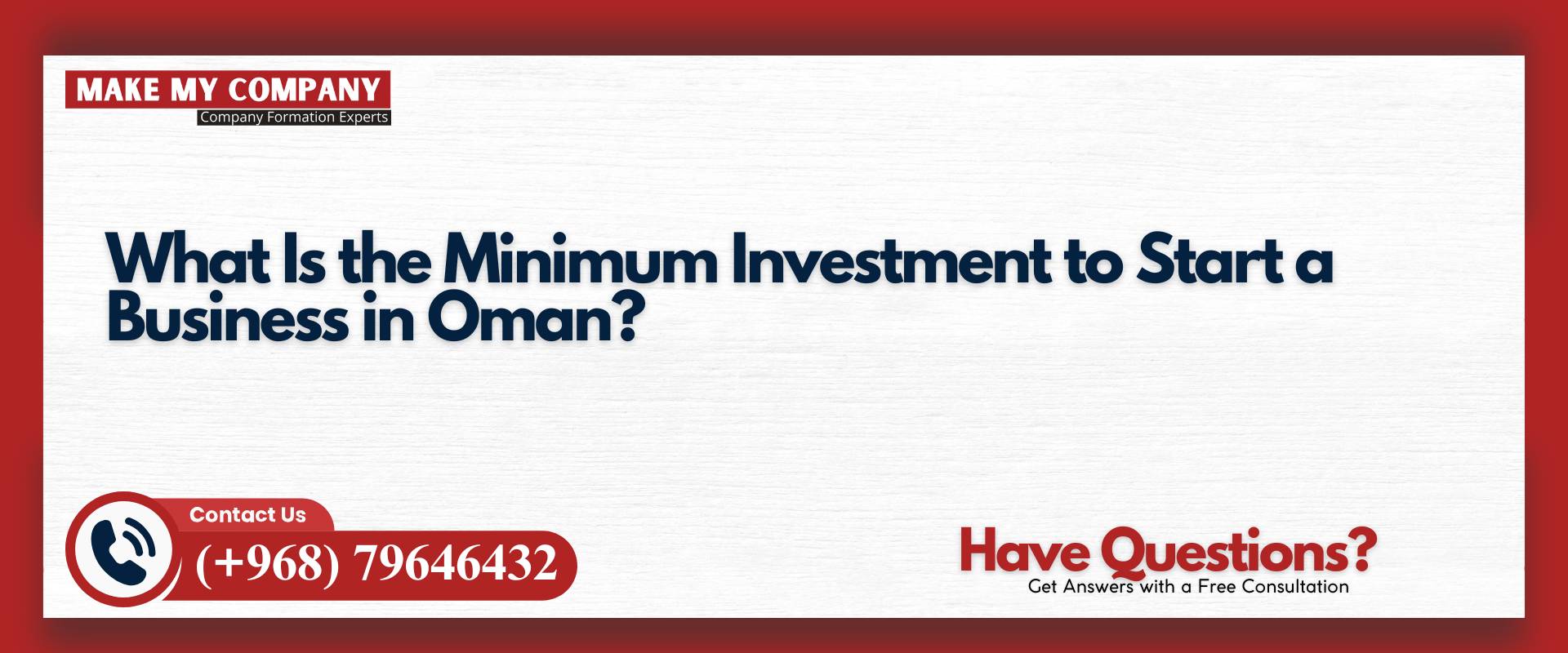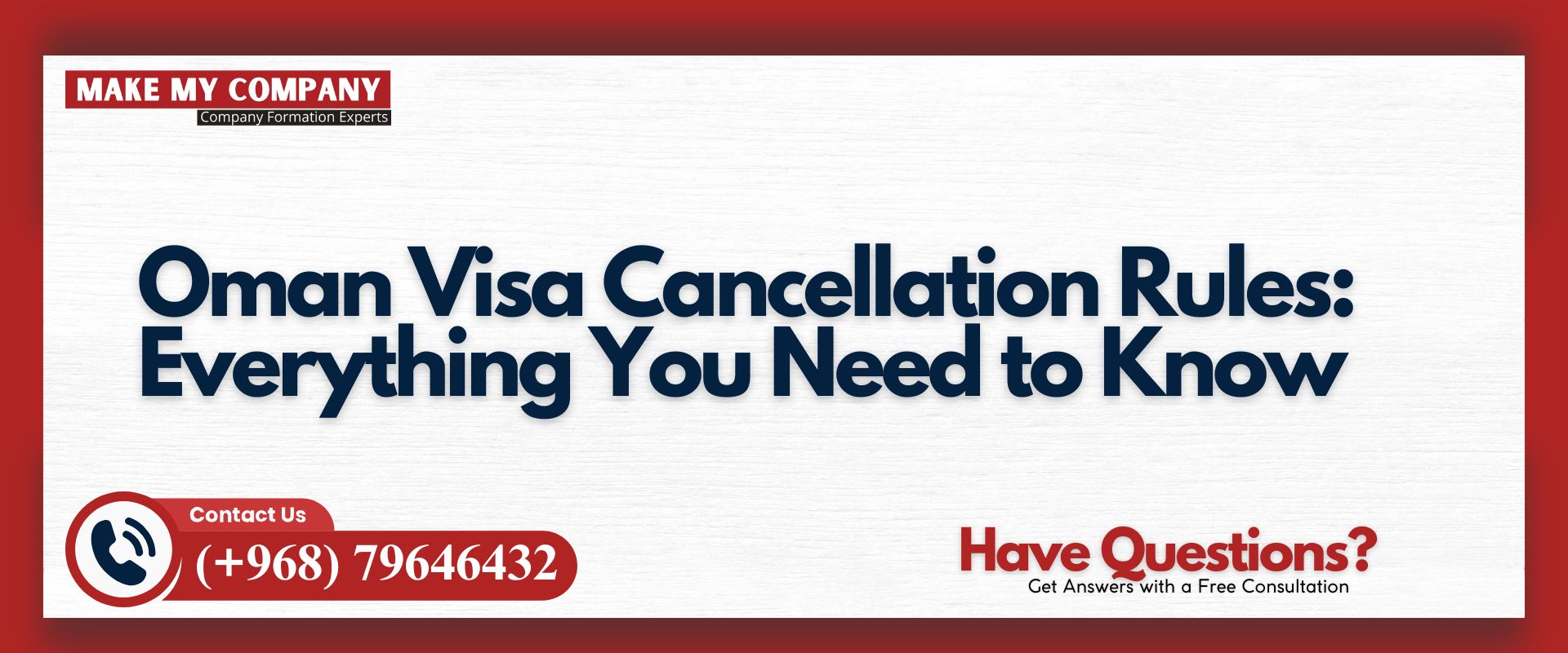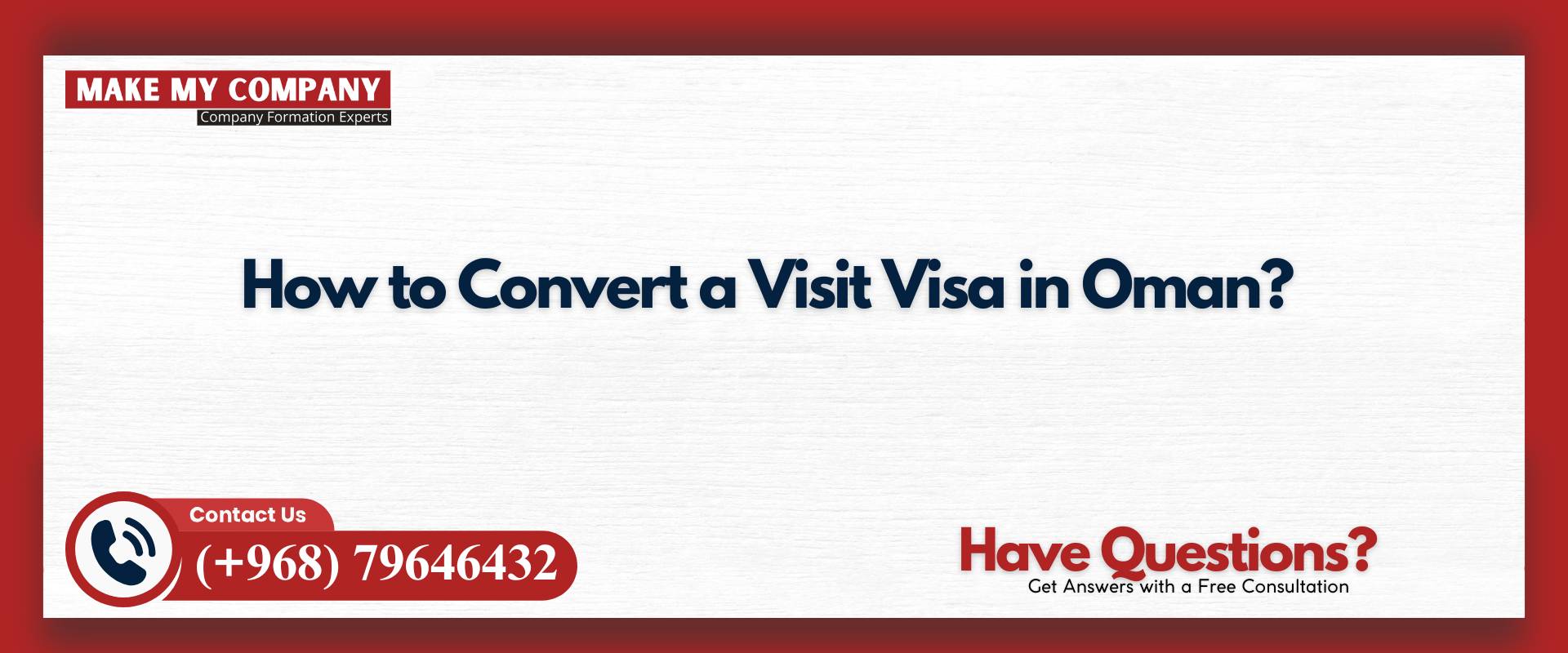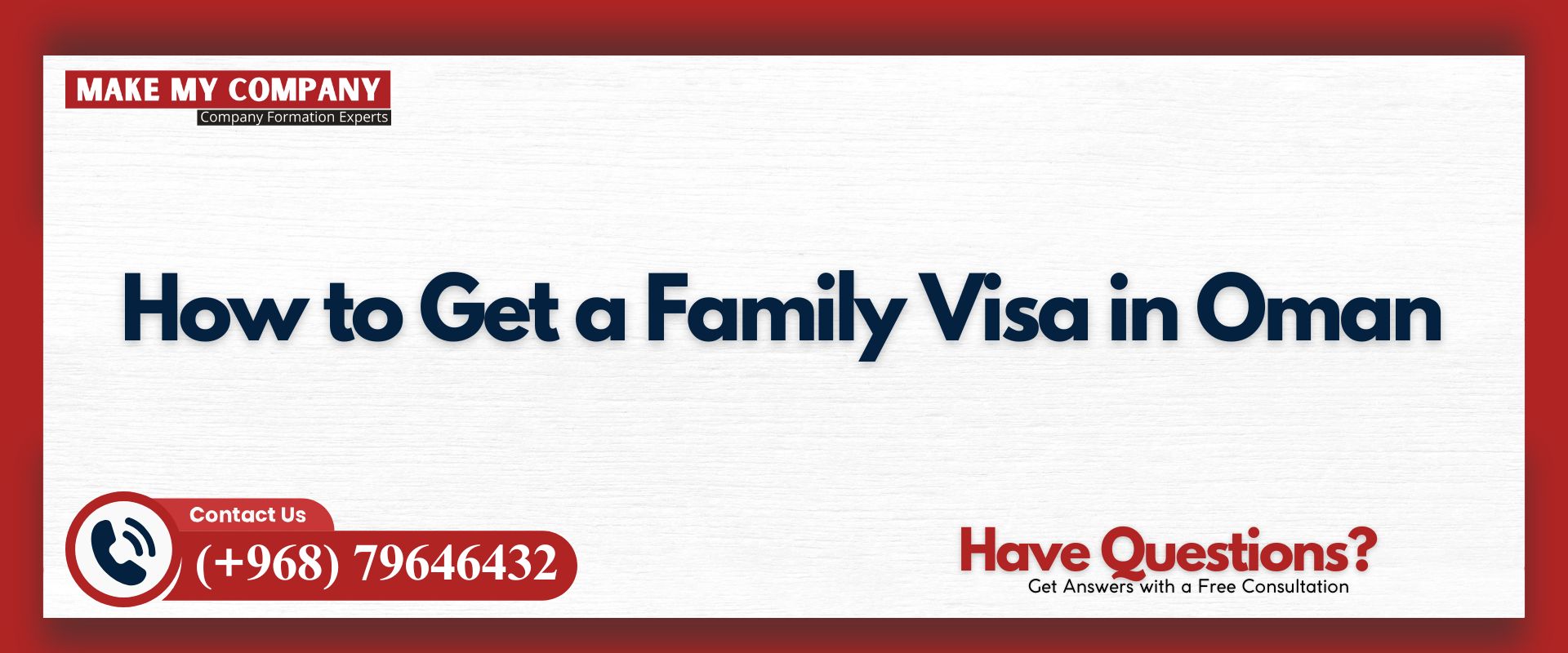Starting a business in Oman can be a lucrative venture, given its strategic location, business-friendly policies, and growing economy. Entrepreneurs and investors are often curious about the financial requirements, including the minimum investment needed to establish a business in Oman. This article provides a comprehensive guide to help you understand the investment landscape and financial prerequisites for starting a business in this thriving Gulf nation.
Why Choose Oman for Business?
Oman offers a dynamic and welcoming environment for entrepreneurs and investors. With its robust economy, modern infrastructure, and supportive government policies, the country stands out as an excellent destination for business opportunities. The nation’s strategic location, diverse economy, and investor-friendly regulations make it an attractive hub for businesses across various sectors. Whether you’re looking to tap into regional markets or establish a global presence, Oman provides the ideal foundation for sustainable growth and success.
Strategic Location
Oman’s location at the crossroads of Asia, Africa, and Europe makes it an ideal hub for trade and commerce. Its proximity to major international markets ensures efficient supply chain management and logistics.
Business-Friendly Policies
The Omani government has introduced various initiatives to attract foreign investment, including free zones, tax incentives, and simplified business setup procedures.
Economic Diversification
Oman’s Vision 2040 emphasizes reducing dependence on oil revenues by fostering growth in sectors such as tourism, manufacturing, logistics, and technology. This diversification creates numerous opportunities for entrepreneurs.
Key Factors Influencing the Minimum Investment
The minimum investment required to start a business in Oman varies based on several factors:
- Type of Business Entity
- Limited Liability Company (LLC): The most common choice for foreign investors. The minimum capital requirement depends on the type of activity and ownership structure.
- Free Zone Company: Offers 100% foreign ownership with specific minimum capital requirements.
- Sole Proprietorship or Partnership: Suitable for smaller-scale operations with fewer investment requirements.
- Industry or Sector Different industries have distinct financial prerequisites. For example, setting up a consultancy firm might require lower capital compared to a manufacturing unit or a trading company.
- Ownership Structure
- 100% Foreign Ownership: Typically allowed in free zones but may require higher initial investment.
- Joint Venture with Omani Partner: Often requires a lower capital outlay compared to fully foreign-owned entities.
- Location The cost of establishing a business in Muscat, the capital city, is generally higher than in smaller cities or free zones due to real estate and operational expenses.
Free Zones in Oman: A Cost-Effective Option
Oman’s free zones offer an attractive proposition for foreign investors. Some prominent free zones include:
- Salalah Free Zone
- Sohar Free Zone
- Al Mazunah Free Zone
- Duqm Special Economic Zone
Benefits of Free Zones
- 100% foreign ownership
- No corporate taxes for extended periods
- Reduced customs duties
- Simplified visa procedures
Minimum Investment Requirements in Free Zones
While specific requirements vary, free zones often have lower minimum capital requirements compared to mainland businesses. These zones cater to industries such as manufacturing, logistics, and trading.
General Investment Guidelines for Foreign Entrepreneurs
Foreign entrepreneurs planning to establish a business in Oman need to navigate through specific guidelines and requirements tailored to their business type and location. Oman provides a structured framework that simplifies the process while ensuring compliance with local laws. Understanding these guidelines is essential for a smooth business setup and long-term success.
Setting Up a Limited Liability Company (LLC)
An LLC is the most popular business structure for foreign investors in Oman. The general requirements include:
- Minimum Capital: For most activities, the minimum share capital for a foreign-owned LLC is OMR 150,000.
- Local Sponsorship: In mainland Oman, foreign investors typically require a local Omani partner with a 30% stake.
- Documents Required:
- Passport copies of shareholders
- Memorandum of Association (MoA)
- Feasibility study for certain industries
- Bank reference letter
Free Zone Companies
For companies in free zones, the investment requirements are often lower. A trading or service-oriented business may require a capital of OMR 20,000 to OMR 50,000, depending on the free zone and activity.
Home-Based and Small Businesses
For small-scale businesses or startups, Oman offers more flexible regulations. Initiatives like “Invest Easy” streamline the process for home-based and small businesses with lower financial requirements.
Costs Beyond Minimum Investment
The minimum capital is only one aspect of the total investment. Entrepreneurs should also account for the following expenses:
Licensing and Registration Fees
- Business registration with the Ministry of Commerce and Industry (MOCI)
- Fees for obtaining trade licenses
Office Space and Infrastructure
- Rental costs for office or warehouse spaces
- Utilities such as electricity, water, and internet
Operational Costs
- Employee salaries and benefits (Omani labor laws mandate specific minimum wages for local employees)
- Equipment, raw materials, and inventory
Legal and Consulting Fees
- Professional fees for business consultants or legal advisors
- Notarization and translation costs for official documents
Visa and Immigration Expenses
- Investor and employee visas
- Work permits and related fees
Financial Support and Incentives in Oman
The Omani government actively supports entrepreneurs through various financial incentives and support programs. These initiatives are designed to reduce the financial burden on investors while promoting economic growth and innovation. From subsidized loans to tax exemptions, businesses can access numerous resources to scale operations and thrive in the competitive market. Additionally, free zones and economic diversification efforts further enhance the overall business environment, making it easier for investors to achieve long-term success.
Bank Loans and Financing Options
Omani banks offer various loan products tailored for entrepreneurs. Government-backed loans are also available for specific industries and SMEs.
Government Incentives
- Subsidized utilities and rental rates in free zones
- Grants and funding for technology-driven businesses
Tax Benefits
- 15% corporate tax, among the lowest in the region
- Tax exemptions for companies in free zones and specific sectors
Steps to Determine Your Investment Budget
Determining your investment budget is a critical step in setting up a business in Oman. A well-calculated budget ensures that you have adequate funds to cover initial setup costs and sustain operations until the business becomes profitable. This process involves evaluating your business model, understanding regulatory requirements, and factoring in operational costs. By carefully analyzing these elements, you can create a robust financial plan that aligns with your business objectives.
- Define Your Business Activity
- Identify your business category (e.g., trading, consultancy, manufacturing).
- Choose the Right Location
- Compare costs between mainland Oman and free zones.
- Prepare a Business Plan
- Include projected expenses, revenue forecasts, and growth strategies.
- Consult Experts
- Seek guidance from business consultants to navigate the regulatory and financial landscape.
- Secure Funding
- Explore funding options from banks, investors, or government programs.
Challenges and Considerations
Starting a business in Oman comes with its own set of challenges and considerations. While the country offers numerous advantages, entrepreneurs must navigate regulatory requirements, cultural nuances, and operational complexities. By addressing these challenges head-on and preparing thoroughly, you can ensure a smoother business setup process and long-term success in Oman’s competitive market.
Local Sponsorship Requirements
While free zones eliminate the need for local sponsors, mainland businesses often require a local partner, which might increase costs.
Compliance with Omani Laws
Understanding and adhering to Oman’s labor, taxation, and business regulations is crucial for long-term success.
Cultural Sensitivity
Familiarizing yourself with Omani culture and business etiquette can enhance your interactions with local stakeholders.
Conclusion
The minimum investment to start a business in Oman depends on various factors, including the type of business entity, industry, and location. While free zones offer cost-effective solutions with lower capital requirements, mainland businesses provide broader market access but may require higher investment. To successfully navigate Oman’s business landscape, thorough planning and professional guidance are essential.
For expert assistance in setting up your business in Oman, contact Make My Company, a trusted name in business setup consultancy. From legal compliance to tailored solutions, we’ll help you turn your entrepreneurial vision into reality.









